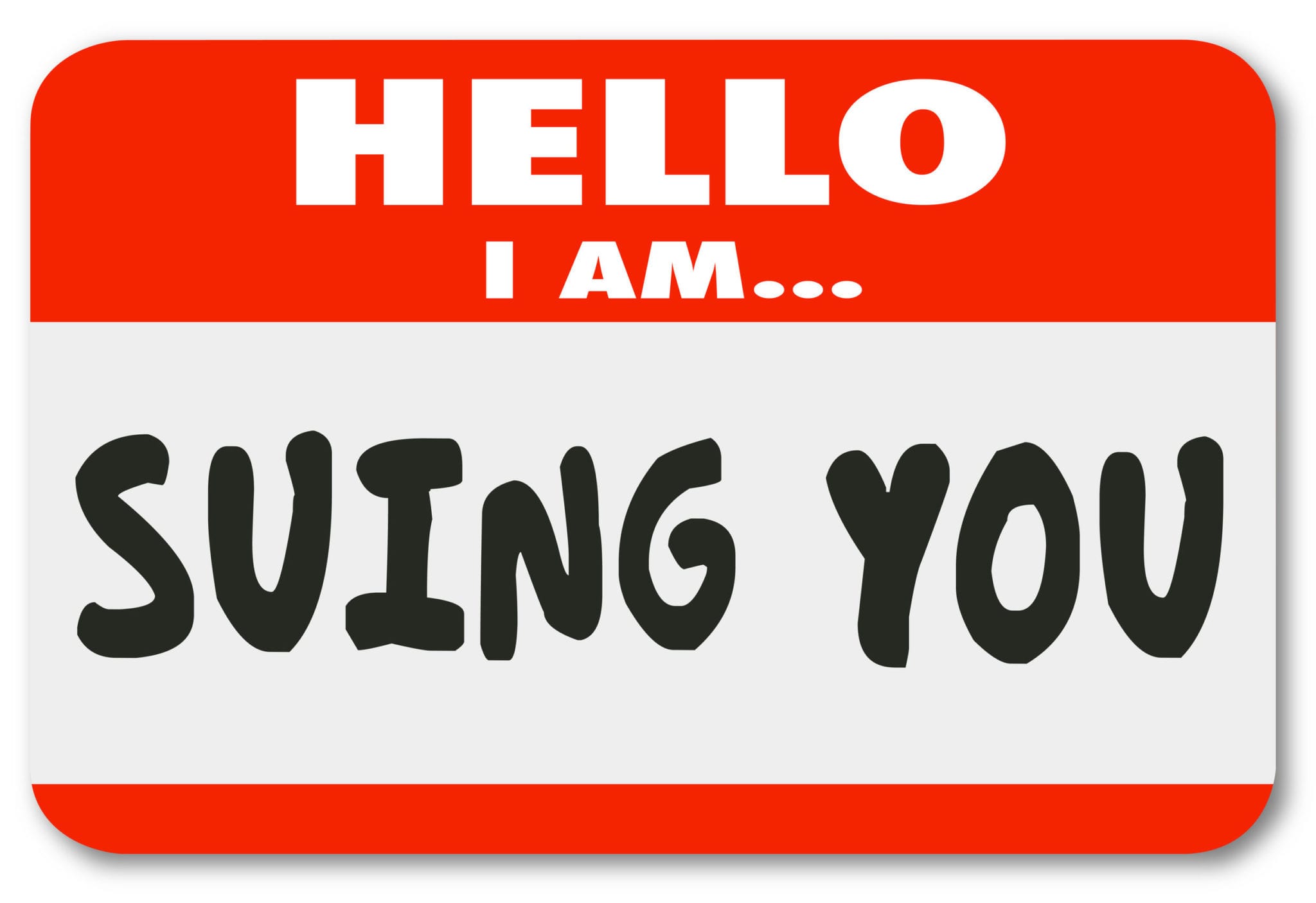When one person is injured through the actions or negligence of another, they often must file a personal injury lawsuit in order to recoup their losses.
When one party, such as a business, is responsible for the injuries of many people, then a class action lawsuit may be the best road to take to recoup losses for everyone involved.
Royal Caribbean Faces Class Action from Investors
Royal Caribbean is facing a class-action lawsuit relating to their handling of coronavirus – but not from passengers aboard their cruise ships.
Investors are suing in a class action securities suit alleging that the cruise line was not honest about the ways COVID was impacting bookings or how safety protocols were working aboard their ships.
This group of investors, who purchased shares in February and March of 2020, maintain that they were provided false and misleading information from the cruise line regarding their bookings and procedures used to prevent the spread of the virus aboard ships.
Sometimes class action lawsuits a great way for everyday people to recoup losses against large organizations, but there are important things to consider when thinking of participation in one.
Here’s what to know about class-action lawsuits and when it may be better for you to seek damages through a private claim.
What Is a Class-Action Lawsuit?
Class-action lawsuits are those brought by a large group of people who have been harmed in some way by the entity being sued. Class-action lawsuits are a great tool in certain types of cases, such as those where the cost to the individual may not be enormous, but for a group of people translates to a lot of money.
When a Class-Action Suit is Most Suitable
In a class-action lawsuit, enough people sign on to make the lawsuit worthwhile for attorneys to pursue and provide recovery for a big group – but more importantly, it can put a stop to illegal practices that adversely affect large groups (like consumers) or to remove dangerous products from consumer shelves.
One of the benefits of class action suits is that, in some cases, it can help to extend the statute of limitations that may apply to the case. This means you may have more time to bring a lawsuit against an entity in a class action rather than on your own privately.
Also, class actions will divide the recovery of losses evenly among those that participate, providing consistent relief among those that have been adversely impacted by the issue at the center of the case.
The Cons of Class Actions

There are downsides to class-action suits. First, they don’t guarantee a speedy resolution to the issue. It can take just as long or longer for a class action to be settled than a private lawsuit.
Another thing to understand about class actions is that they may not be the best option if you’ve suffered significant injuries that differ from the other plaintiffs in the action or if the amount of money lost is more significant.
In a private lawsuit, you’ll have more control over the case and what you want to get from it than you will in a class-action suit.
It’s important to note that once you sign onto a class-action lawsuit, you will not be able to file an individual claim for the same incident as well. So, if the class action fails, then that is the end of the road for your relief.
If the class action is successful, you must also share the damages awarded for the case with everyone else who is a part of the suit, reducing how much you can recover from your losses.
Opting Out of a Class Action Lawsuit
You can opt-out of a class-action lawsuit. Doing so will ensure that you retain the right to bring your own private lawsuit and seek damages.
If you receive a notice of a class action, you usually need to file the paperwork to opt-out and return it by the deadline. If you don’t take this step, you could automatically find yourself in the middle of a class action.
A class-action lawsuit can be the right road for you in some situations, but it isn’t always your best option. Meet with an attorney to ask questions about participating in a class-action lawsuit versus filing a private lawsuit on your own. They will be able to counsel you on the best course of action for your particular case.

Ultimately, understanding your rights in legal matters is what is most important, especially if you’re seeking damages. That’s why it’s vital to know the difference between a class action suit and a private one so you can best understand where you will have the most success.
About the Author:
Andrew Winston is a partner at the personal injury law firm of Winston Law. For over 20 years, he has successfully represented countless people in all kinds of personal injury cases, with a particular focus on child injury, legal malpractice, and premises liability. He has been recognized for excellence in the representation of injured clients by admission to the Million Dollar Advocates Forum and named one of America’s Top 100 High-Stakes Litigators. Mr. Winston is AV Preeminent Rated by the Martindale-Hubbell Law Directory, enjoys a 10.0 rating by AVVO as a Top Personal Injury Attorney, has been selected as a Florida “SuperLawyer” from 2011-2020 – an honor reserved for the top 5% of lawyers in the state – was voted to Florida Trend’s ”Legal Elite,” recognized by Expertise as one of the 20 Best Fort Lauderdale personal injury attorneys, named one of the Top 100 Lawyers in the Miami area for 2015-2017, and one of the Top 100 Lawyers in Florida for 2015-2017 and 2019.






